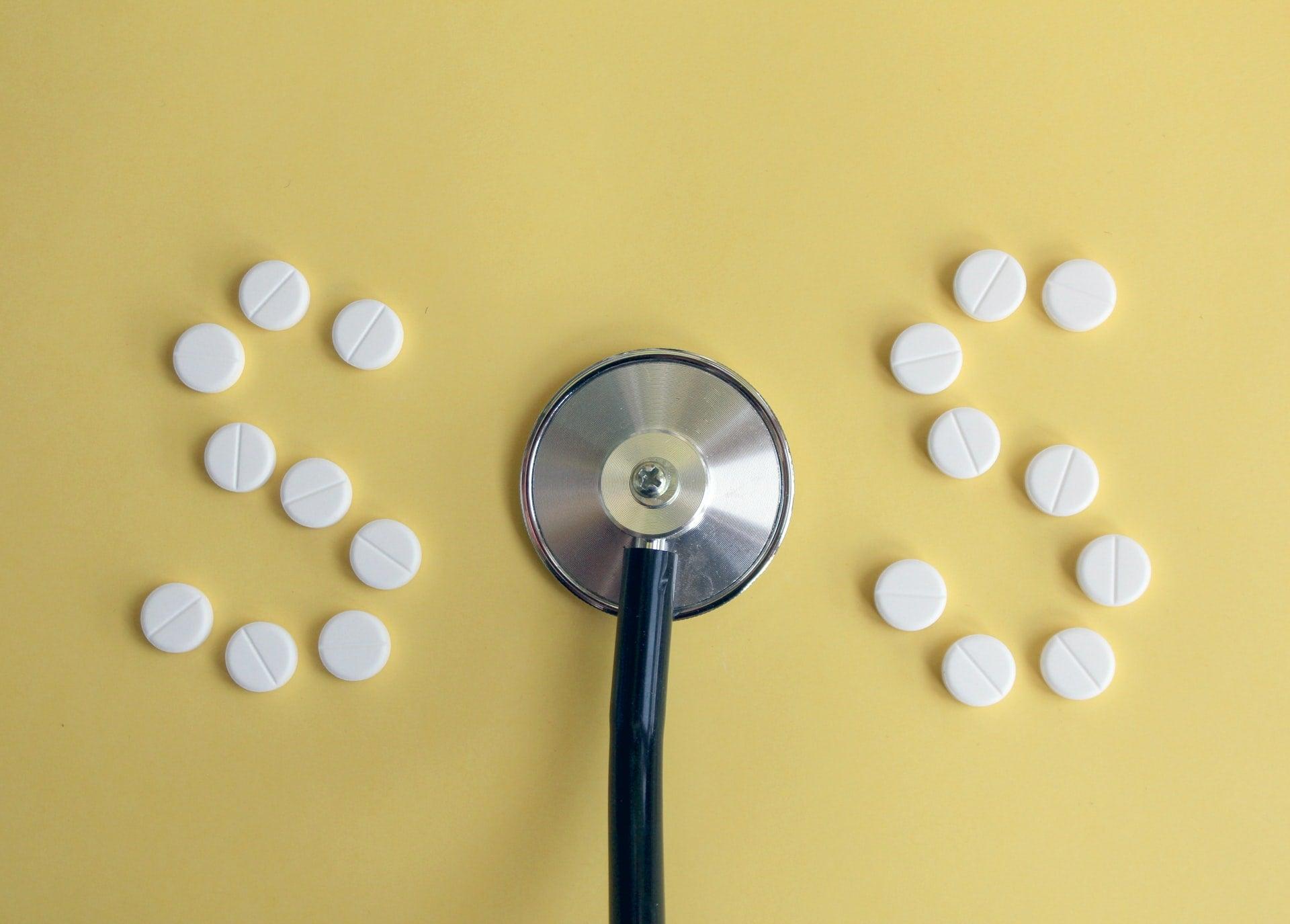
How Does Premature Ejaculation Medication Work?
Common treatment options for premature ejaculation include behavioral techniques, topical anesthetics, medications and counseling.
According to Mayo Clinic, in some cases, behavioral therapy for premature ejaculation might involve taking simple steps, such as masturbating an hour or two before intercourse so that you're able to delay ejaculation during sex. Your doctor also might recommend avoiding intercourse for a period of time and focusing on other types of sexual play so that pressure is removed from your sexual encounters.
And, weak pelvic floor muscles might impair your ability to delay ejaculation. Pelvic floor exercises (Kegel exercises) can help strengthen these muscles.
So do your kegels to get harder and last longer!!! It’s doctor-recommended!
Otherwise, if you go the medication route, you have:
Topical Anesthetics
Anesthetic creams and sprays that contain a numbing agent, such as benzocaine, lidocaine or prilocaine, are sometimes used to treat premature ejaculation. These products are applied to the penis 10 to 15 minutes before sex to reduce sensation and help delay ejaculation.
A lidocaine-prilocaine cream for premature ejaculation (EMLA) is available by prescription. Lidocaine sprays for premature ejaculation are available over-the-counter.
Although topical anesthetic agents are effective and well-tolerated, they have potential side effects. For example, some men report temporary loss of sensitivity and decreased sexual pleasure. Sometimes, female partners also have reported these effects.
Oral Medications
Many medications might delay orgasm. Although none of these drugs are specifically approved by the FDA to treat premature ejaculation, some are used for this purpose, including antidepressants, analgesics and phosphodiesterase-5 inhibitors.
-
Antidepressants. A side effect of certain antidepressants is delayed orgasm. For this reason, selective serotonin reuptake inhibitors (SSRIs), such as escitalopram (Lexapro), sertraline (Zoloft), paroxetine (Paxil) or fluoxetine (Prozac, Sarafem), are used to help delay ejaculation.
Of those approved for use in the United States, paroxetine seems to be the most effective. These medications usually take five to 10 days to begin working. But it might take two to three weeks of treatment before you'll see the full effect.
If SSRIs don't improve the timing of your ejaculation, your doctor might prescribe the tricyclic antidepressant clomipramine (Anafranil). Unwanted side effects of antidepressants might include nausea, perspiration, drowsiness and decreased libido.
-
Analgesics. Tramadol (Ultram) is a medication commonly used to treat pain. It also has side effects that delay ejaculation. Unwanted side effects might include nausea, headache, sleepiness and dizziness.
It might be prescribed when SSRIs haven't been effective. Tramadol can't be used in combination with an SSRI.
-
Phosphodiesterase-5 inhibitors. Some medications used to treat erectile dysfunction, such as sildenafil (Viagra), tadalafil (Cialis, Adcirca) or vardenafil (Levitra, Staxyn), also might help premature ejaculation. Unwanted side effects might include headache, facial flushing and indigestion. These medications might be more effective when used in combination with an SSRI.
-
Potential future treatment. Research suggests that several drugs that might be helpful in treating premature ejaculation, but further study is needed. These drugs include:
-
Dapoxetine. This is an SSRI that's often used as the first treatment for premature ejaculation in other countries. It's not currently available in the United States.
-
Modafinil (Provigil). This is a treatment for the sleeping disorder narcolepsy.
-
Silodosin (Rapaflo).This drug is normally a treatment for prostate gland enlargement (benign prostatic hyperplasia).
-
Read More: A Minimalist Guide to the Male Anatomy



